The Pianist (Polish title: Pianista)
Director: Roman Polanski
War Drama
Poland, Great Britain, France, Germany
2002
English/Polish/German/Russian/French/Turkish
150min
Colour
Digital
RATING: R15 Violence & content that may disturb
Trailer
Awards
Cannes International Film Festival: Palme d’Or (2002)
Boston Society of Film Critics Awards: Best Film, Best Director (Roman Polański), Best Actor (Adrien Brody) (2002)
75th Academy Awards: Best Director (Roman Polański), Best Actor in a Leading Role (Adrien Brody), Best Writing - Adapted Screenplay (Ronald Harwood)(2003)
BAFTA Awards: Best Film, David Lean Award for Direction (Roman Polański) (2003)
Bermuda International Film Festival: Audience Choice Award (2003)
César Awards, France: Best Film, Best Actor (Adrien Brody), Best Director (Roman Polański), Best Music Written for a Film (Wojciech Kilar), Best Cinematography (Paweł Edelman), Best Production Design (Allan Starski), Best Sound (Jean-Marie Blondel, Gérard Hardy, Dean Humphreys) (2003)
Awards of the Japanese Academy: Best Foreign Film (2004)
Czech Lions: Best Foreign Language Film (2004)
Crew
Director: Roman Polański
Screenplay: Ronald Harwood (based on the Władysław Szpilman’s memoirs)
Cinematography: Paweł Edelman
Production Design: Allan Starski
Art Director: Nenad Pecur
Costumes: Anna Shepard
Set Decoration: Wiesława Chojkowska, Gabriele Wolff
Music: Wojciech Kilar
Sound: Jean-Marie Blondel, Gérard Hardy, Dean Humphreys
Editor: Herve de Luze
Make-up Artist: Didier Lavergne, Waldemar Pokromski
Production Manager: Michał Szczerbic
Producer: Roman Polański, Robert Benmussa, Alain Sarde
Cast
Adrien Brody as Władysław Szpilman
Thomas Kretschmann as Captain Wilm Hosenfeld
Frank Finlay as Samuel Szpilman
Maureen Lipman as Edwarda Szpilman
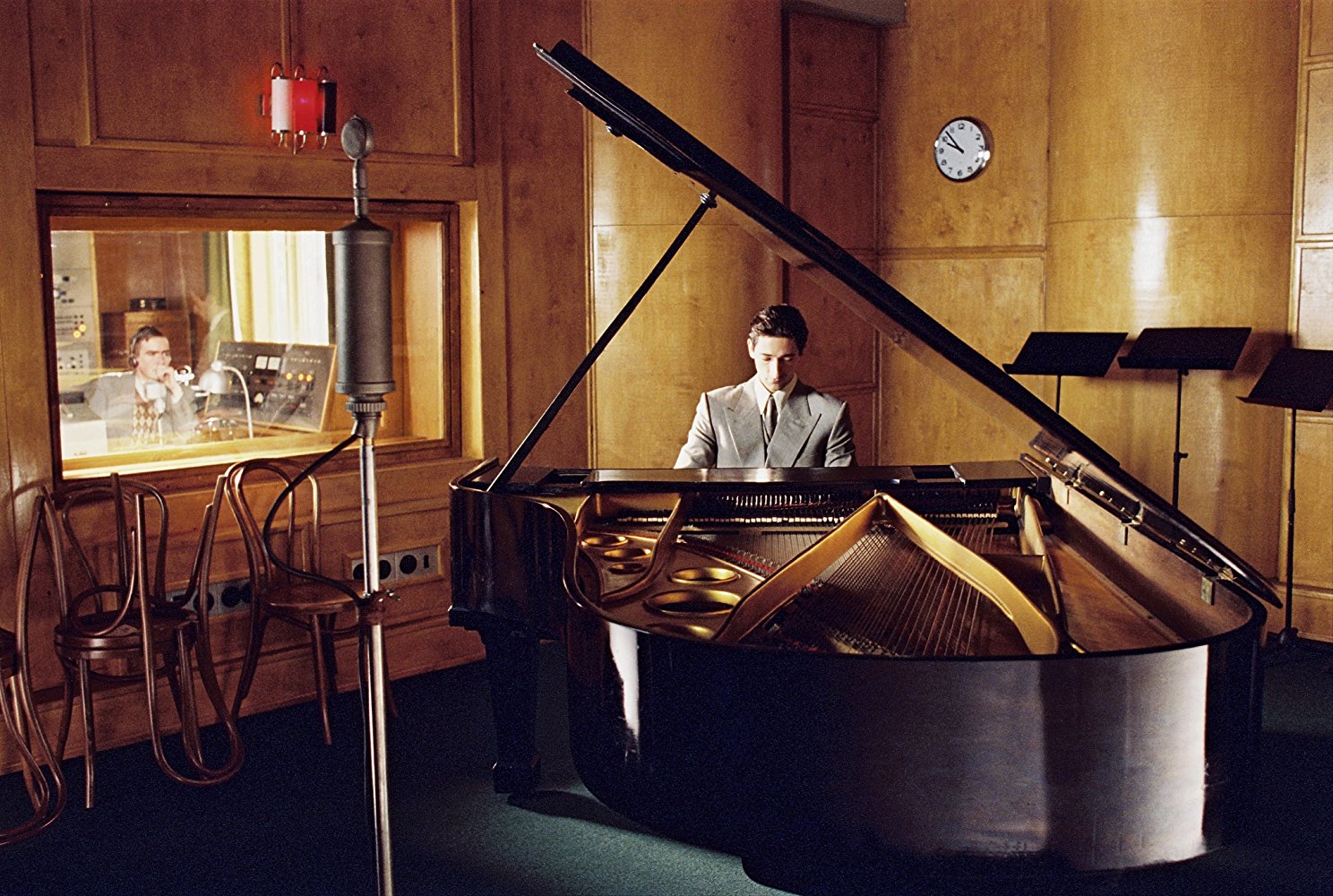
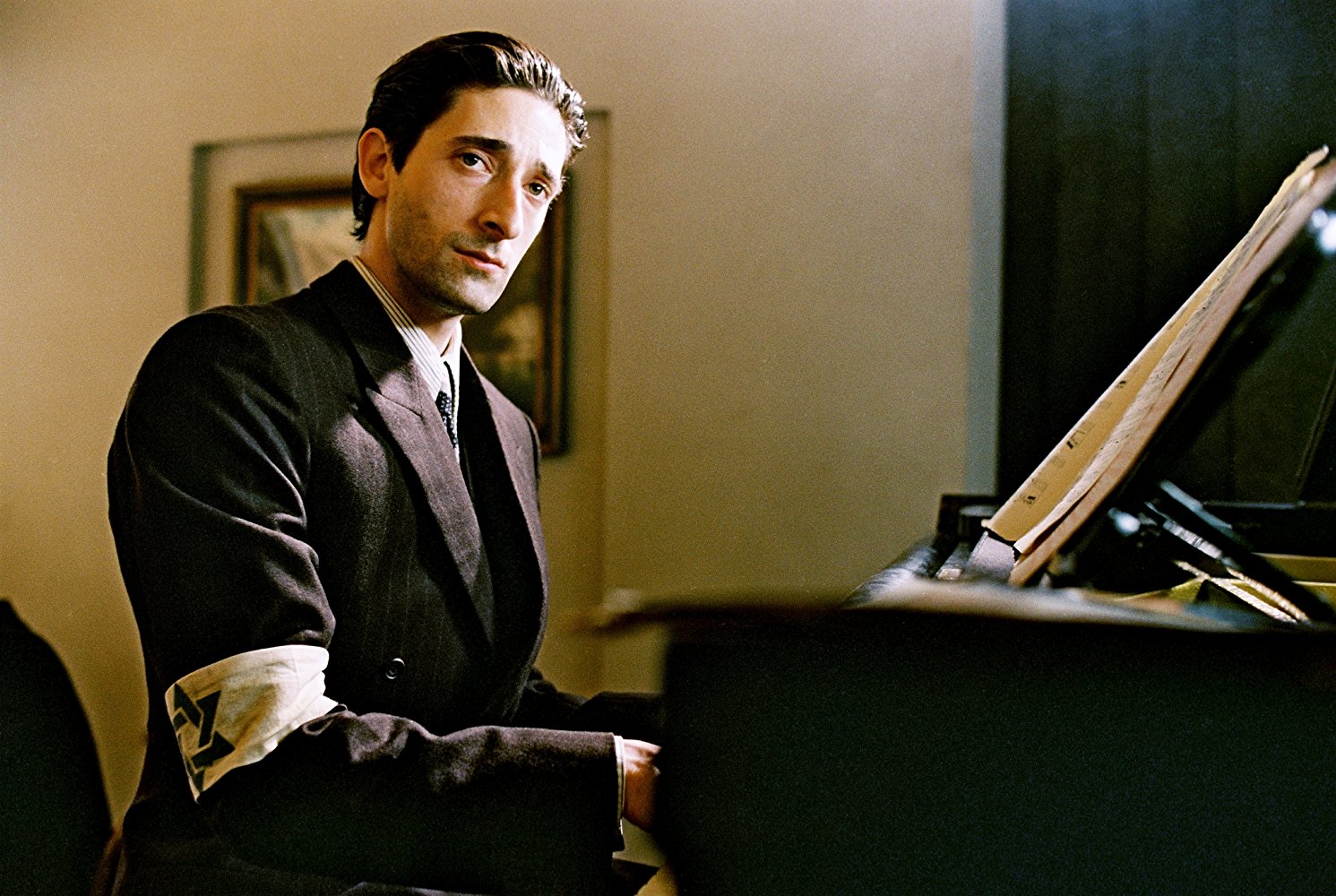
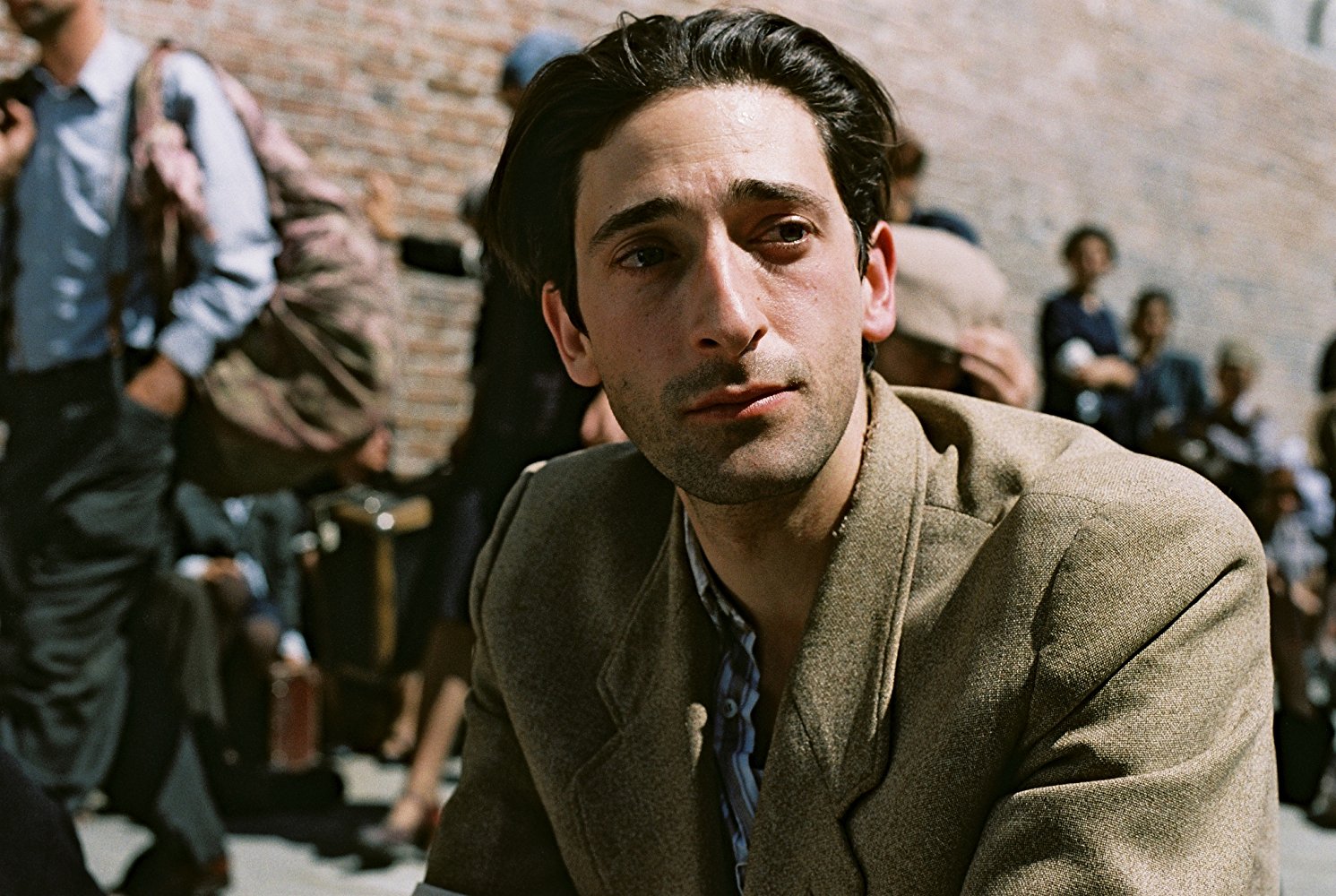
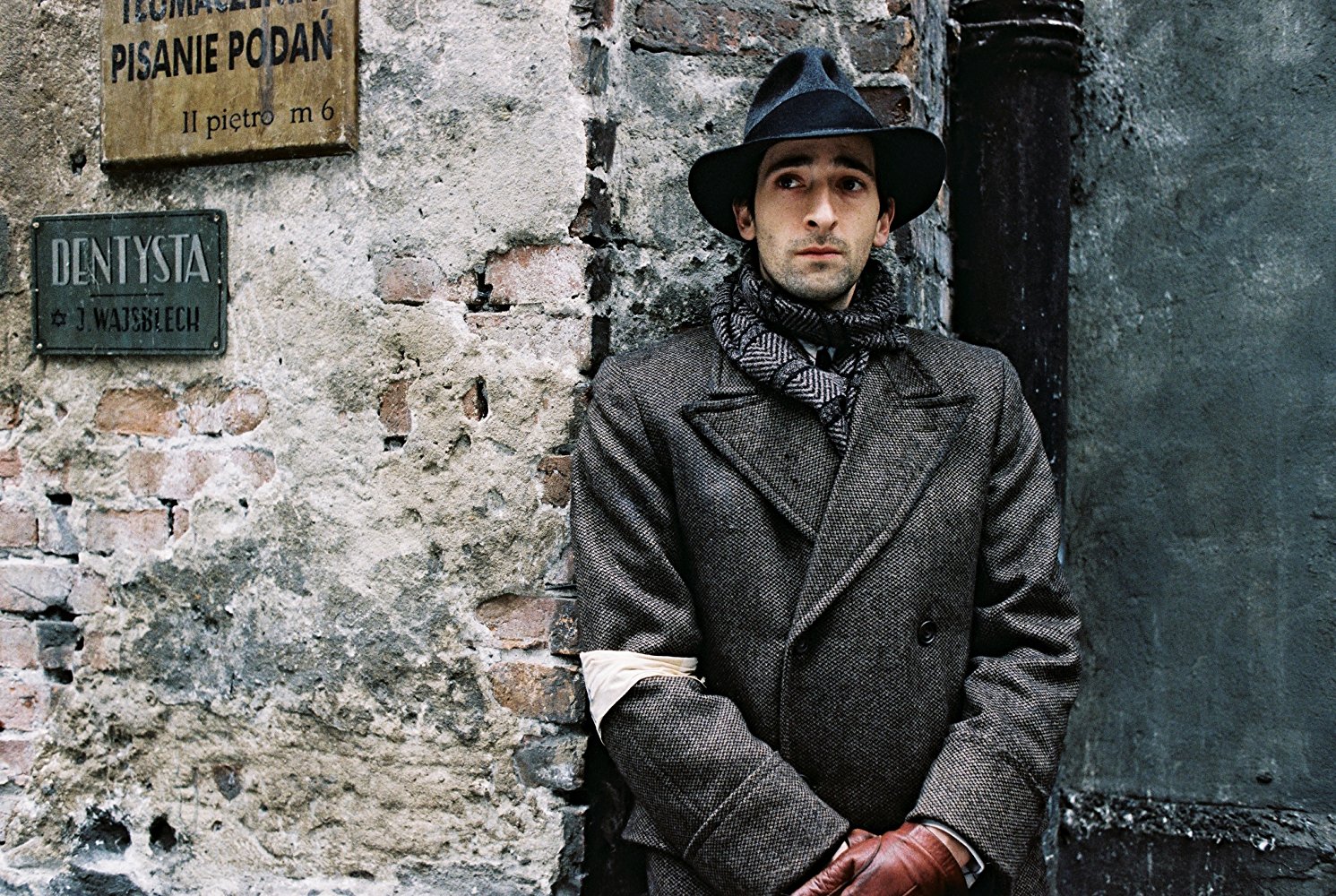
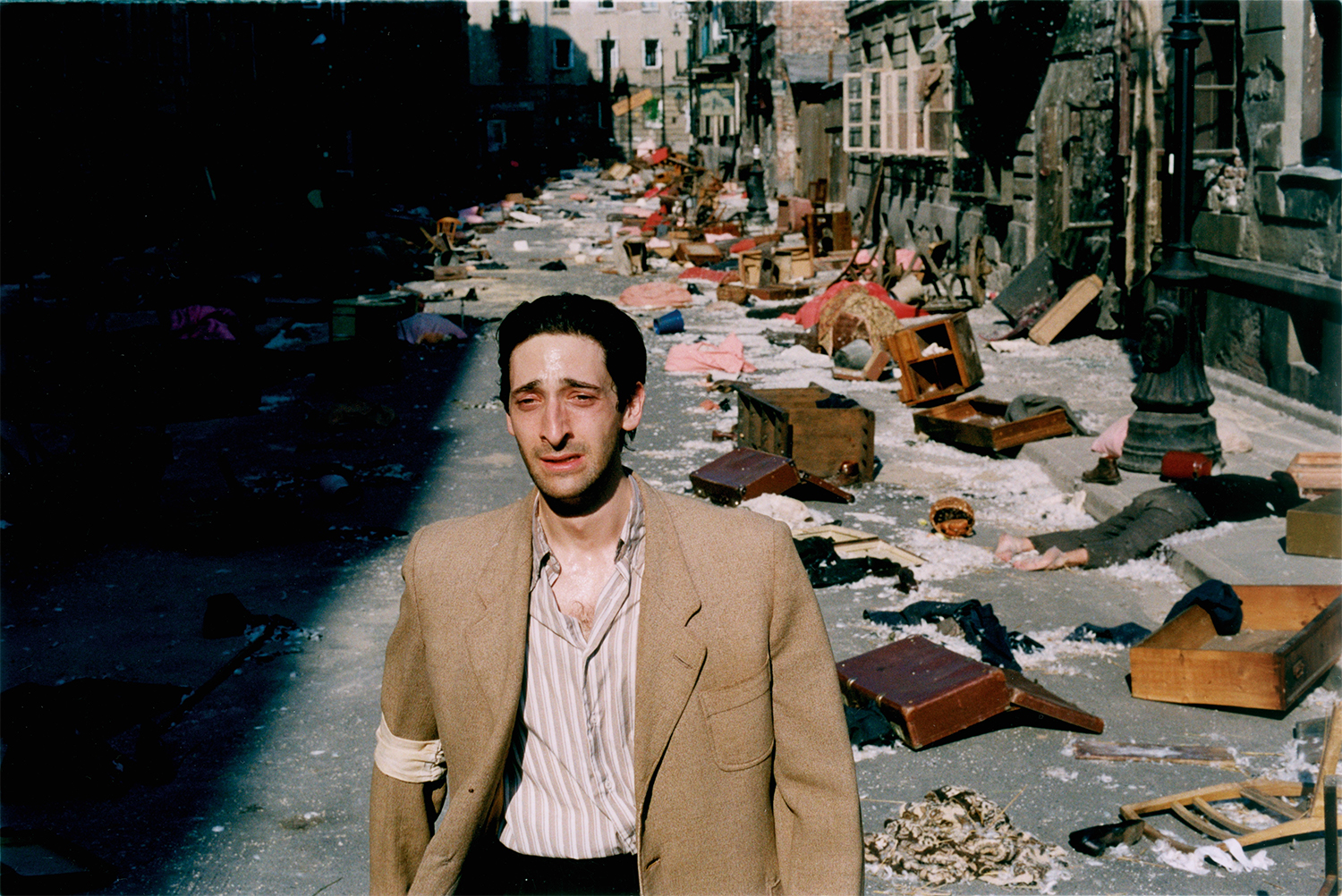
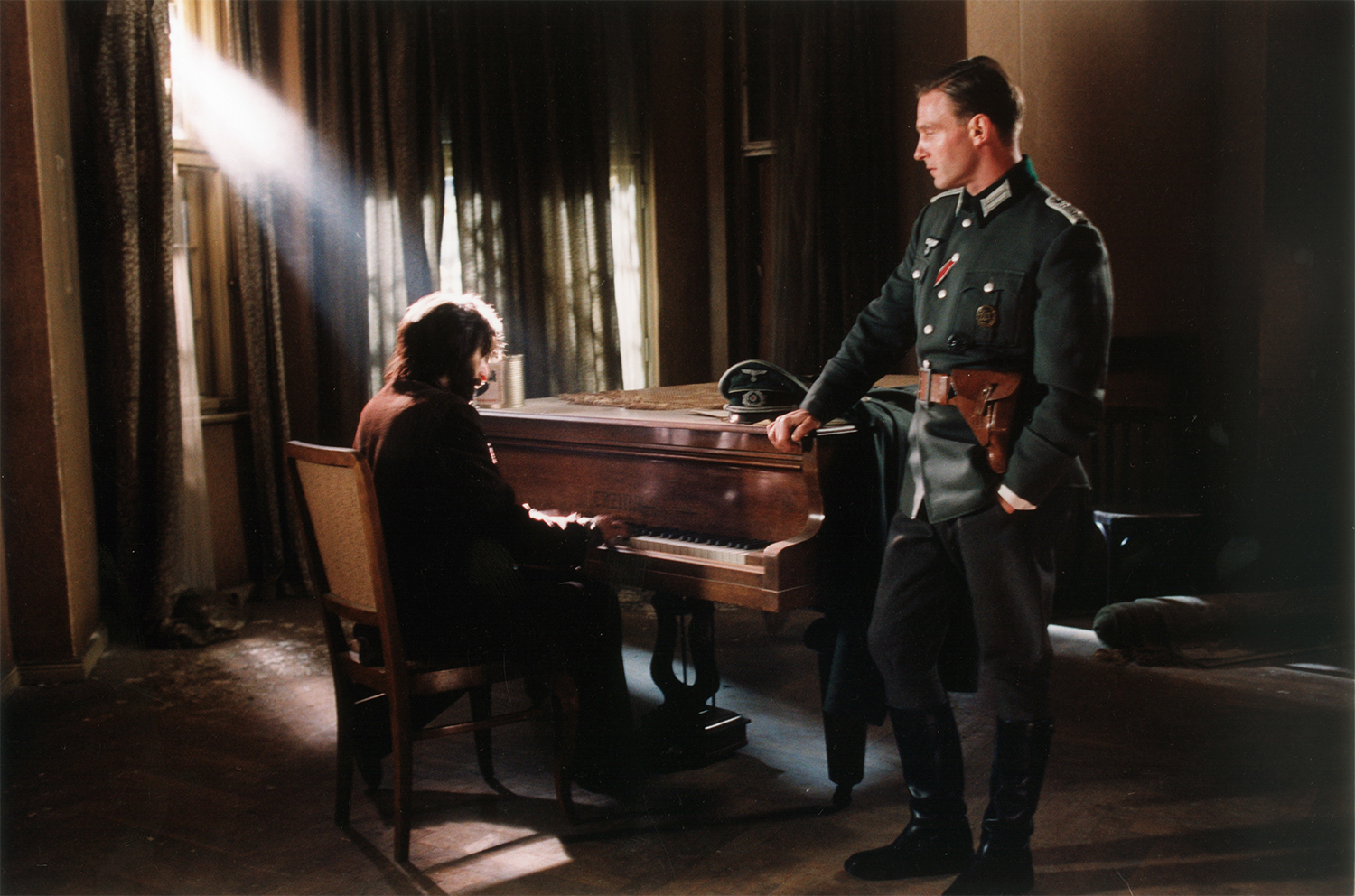
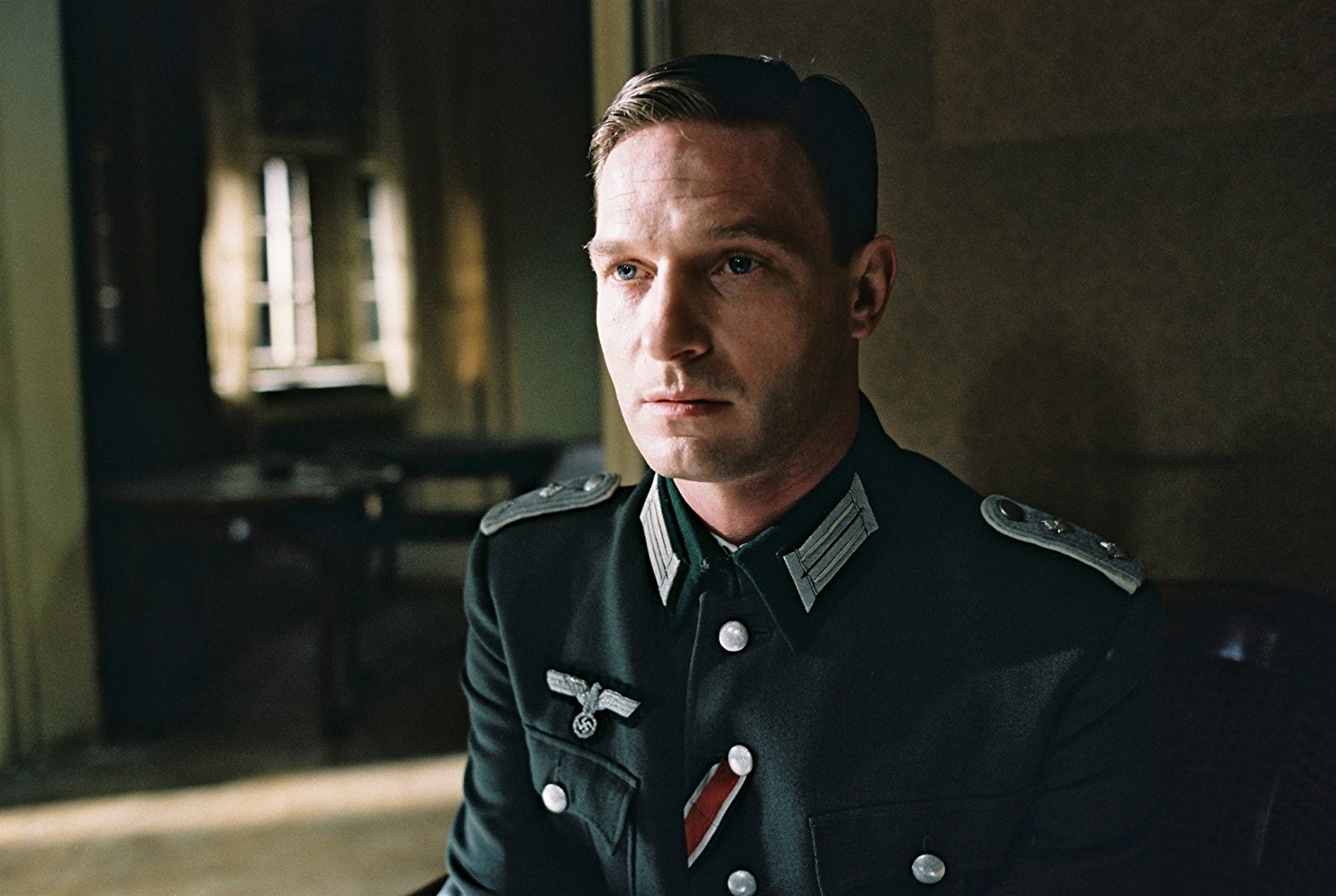
Roman Polanski
Film and theatre director, screenwriter and actor and film producer, Roman Polański was born in Paris on the 18th of August 1933.
The Pianist
Roman Polański undertook the task of bringing Szpilman’s memoir to the screen. During the war, he himself lived in the Krakow ghetto with his family. His mother and grandmother were killed in Auschwitz. The screenplay for The Pianist was written by an outstanding British dramatist, Ronald Harwood, whose works include The Dresser. It is he we have to thank for the crisp, succinct dialogue, stripped of sentimental notes and moralising cautions. Actually, in general, Polański’s film, which is cool and reserved almost to the point of coming across as an official record and which consistently adheres to the viewpoint of a man hounded and in hiding, has nothing of a Hollywood blockbuster’s pathos and tear-jerking-at-any-price to it. The full spectrum of emotions is carried solely by the Romantic music of Szpilman’s favourite composer, Fryderyk Chopin, which resounds with full force in several scenes.
With The Pianist, Polański returns to a theme that constitutes a leitmotif of his work. A human being encircled, ensnared, entrapped. Tormented by demons... external and interior alike. In this film, we thus discover a kinship with other works by the creator of Rosemary’s Baby, such as Repulsion (1965), Cul-de-Sac (1956) and The Tenant (1976), for instance. He speaks of oppression with his characteristic style, simultaneously sparing and precise, while not devoid of elements of black humour, and the actors adapted to that style, particularly Adrien Brody in his phenomenal performance as Szpilman.
Of all Polański’s films, The Pianist is the one most lavishly showered with awards. It began in 2002, at the Cannes International Film Festival, where it received the Golden Palm. That was followed by the European Film Cinematographer Award 2002 for Paweł Edleman. The following year brought two British Academy of Film and Television Arts (BAFTA) awards, for Best Film and Best Director, and three Oscars, Best Director, Best Adapted Screenplay and, for Adrien Brody, Best Actor in a Leading Role. When it came to the Eagles awarded by the Polish Academy of Film, it swept the board, winning a total of eight statuettes, and it also garnered seven of the Césars awarded by the French Academy of Cinema Arts and Techniques.
Bartosz Żurawiecki
Translated by Caryl Swift



